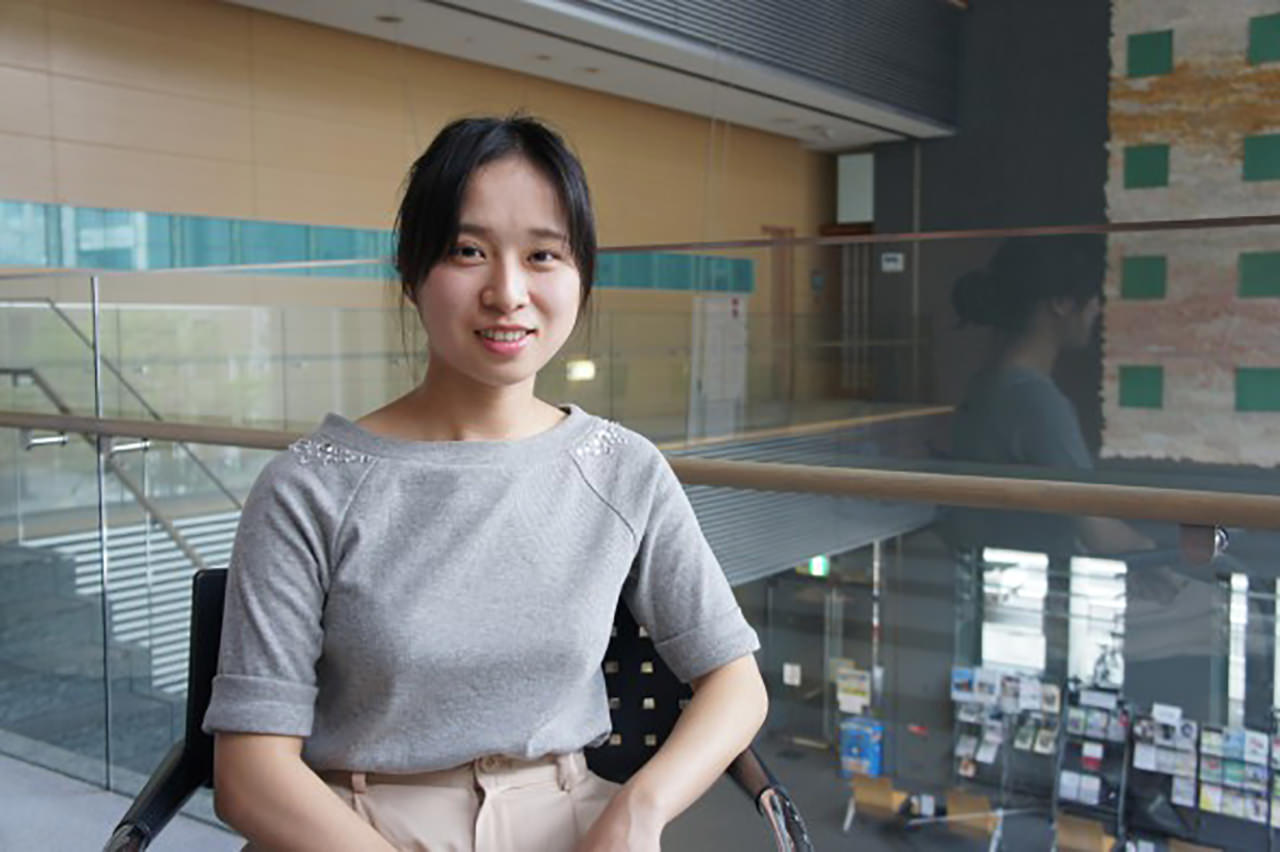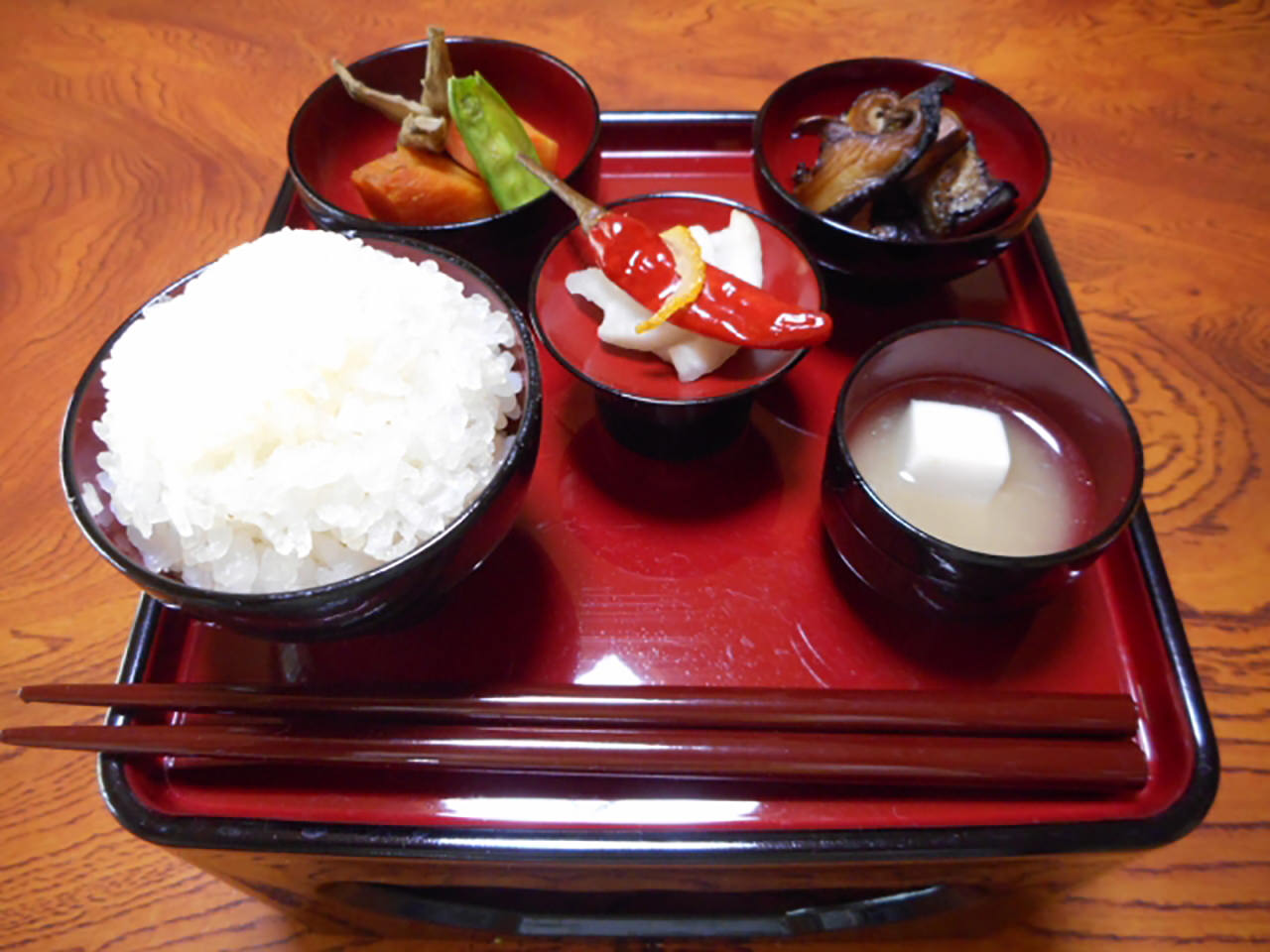Học tiếng Nhật 1thế nào (Phần 2)
2016.06.17
Try, try again!
Q: You’re a hard worker. Not just with your studies, but you tried a lot of different things with your part time job, and the Friendship Ambassadors.
A: When I did speeches, or applied to join the Friendship Ambassadors, I figured if I went around thinking, “I’ll do it once I’ve gotten good,” there’d be no end to that kind of thinking. It’s true of a lot of things, but if you don’t try something, you’ll never know whether you can do it or not. I think it’s fine to think you’re not ready, or not good enough, and try anyways. I still think my Japanese isn’t good enough. Doing this interview was another kind of challenge for me. But everything starts when you try, right?
Q: While you’re in Japan, did you set any rules for yourself not to use your native language, for example?
A: No, I didn’t. If I’m at a party, or some other place with a relaxed atmosphere, I don’t want to speak Japanese just to force myself and others into study mode. I think everybody has a different way of thinking about it, but personally, I had no problem speaking in my native language, too. Language is really just a tool to communicate with other people, so I prefer to use whatever language the person I’m speaking with feels most comfortable expressing themselves in. I do think it’s important to commit to learning how to speak in another language, though.
Q: When do you feel glad to have studied Japanese?
A: So many times, but strangely enough, I’m glad to speak Japanese when I travel abroad. I don’t know if it’s because Japanese people are really interested in World Heritage Sites, but the pamphlets explaining World Heritage Sites all around the world are always translated into Japanese, too. Another thing I’ve found is that textbooks and manuals written by Japanese people—say, about architecture—are always really easy to understand. Lots of books have illustrations and diagrams, too. Personally, once I’ve grasped the basics of something in Japanese, I’ll move on to a book written in English. English books are written logically, so they have different good points from Japanese books. It’s useful that I can compare both the English and the Japanese texts and catch the meaning of something that way.
Final advice?
Q: Please share some advice for people who want to improve their Japanese.
A: Get in the ring with other Japanese people. Find something that you like to do anyway, and join a school club with other students. When I was a freshman at Ryukoku, I joined the rock climbing and photography clubs. You can also try volunteering, or just chatting with the craftspeople in the market. I think part time jobs are a great idea, too: you can practice your Japanese while communicating with people. I think that’s the best path to improving.











